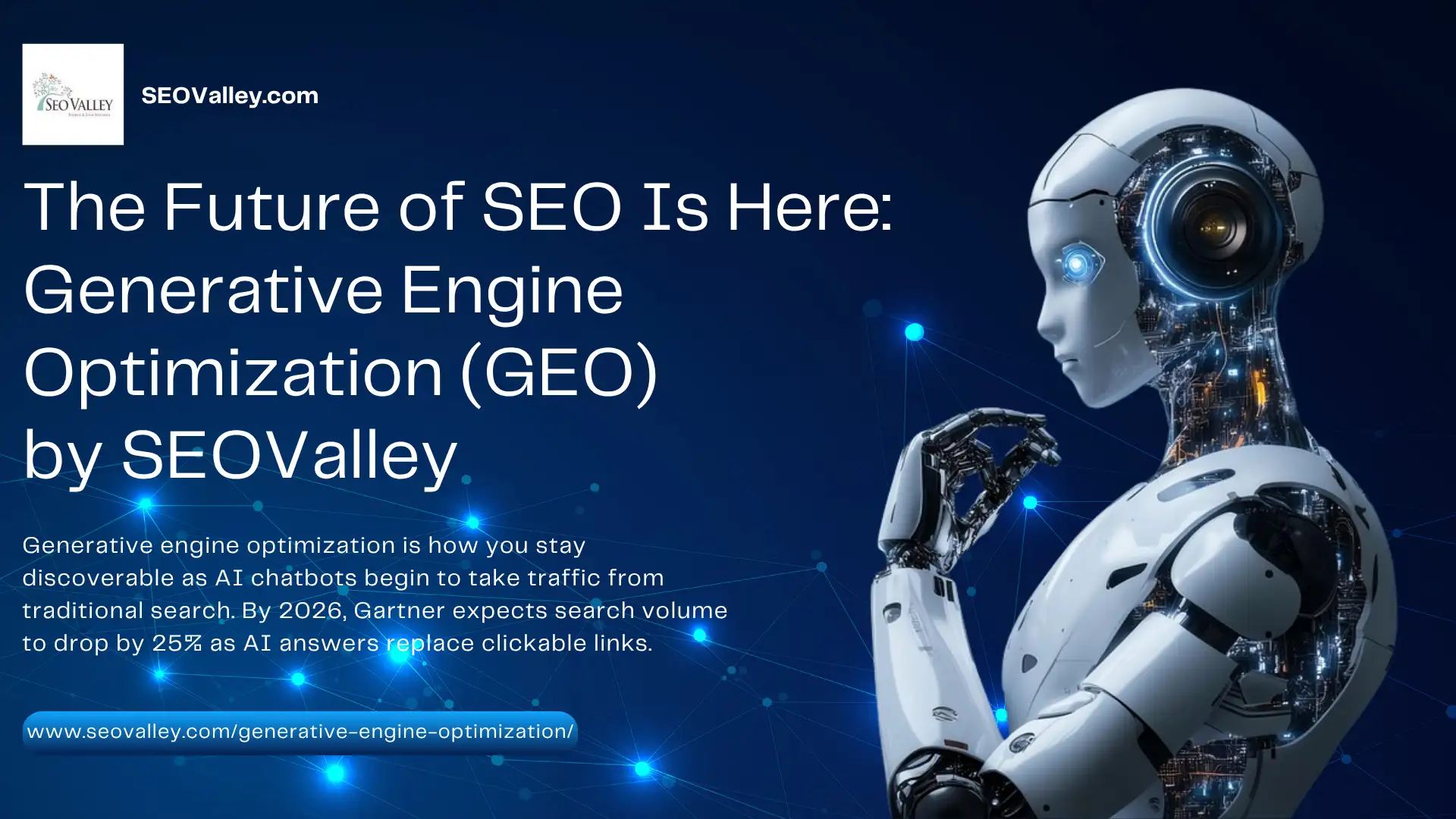The goal of Google has always been clear: To give its users the best experience by returning the most relevant and trustworthy websites for each search made. And it looks at Expertise, Authority, and Trust—better known as E.A.T.—to determine how credible a website is.

Nobody knows for sure how exactly E.A.T. impacts search because Google still hasn’t explicitly explained or confirmed this matter. However, looking into Google patents—especially those that were recently filed—may provide some insights. These patents contain information pertaining to categorizing websites, identifying authors, and classifying expertise levels and may explain how E.A.T. is applied algorithmically.
Here are some of the frequently asked questions about E.A.T. and the answers found on recent patents:
How does Google identify a site’s authors?
The Agent Rank patent could potentially improve rankings for pages according to the identity of editors, commentators, reviewers, or authors on those pages. It identifies experts and authors by their digital signature (i.e. byline) and rank content based on combined reputation scores.
However, claiming that your content was reviewed or written by an expert is not enough to boost your E.A.T. The quality of the content should also represent the expected expertise level.
Does Google only consider links and on-page factors to determine experts and authors?
No. Text content doesn’t seem to be the only source of information used by Google to evaluate experts.
The Speaker Identification patent was introduced by Google in early 2020 and it essentially uses speech recognition technology to identify a speaker. It focuses on one-of-a-kind aspects of a speaker’s communication style, such as their accent, so it is likely applied in YouTube.
How can Google tell if a brand or person is an authority or a legitimate expert in their field?
There is no such thing as a YMYL or EAT score, but by looking at the recent Google patents—particularly the Website Representation Vectors patent—we can see how they are working towards determining the level of expertise of a particular entity. As per the patent, Google has the ability to classify websites into different categories of expertise (i.e. layperson, expert, or apprentice) and rank pages according to the authoritativeness of content on those pages.
According to the patent, Google uses “any appropriate” technique to generate these classifications—a statement that’s pretty open-ended. That said, Google gave some examples on how it does this, such as by exploring other website content (i.e. links) and analyzing images and text on the website.
Is Google capable of recognizing entities within its knowledge graph?
There is no exact way to tell how Google evaluates authors that are not part of its Knowledge Graph. However, Google indicated that it applies data that is spread across many sources. By applying natural language processing, Google is able to understand user intent and map the queries relevant to the Data Commons database.
How is a website identified as YMYL?
By applying the Website Representation Vectors patent, neural networks are used by Google to understand features and patterns behind websites and classify them into categories such as finance, medical, health, and others. With this process, Google can also tell the level of expertise necessary for particular topics.
Can Google measure E.A.T on the brand, domain, author, or page level?
Google indicated in their Search Quality Guidelines that E.A.T. applies to the website, the main content, and the creator of that content. However, an update suggests that the E.A.T. evaluations are probably done on the entity level.
The bottom line
E.A.T is still be one of SEO’s gray areas, but Google patents shed some light on its objectives:
- To identify entities (i.e. organizations and authors)
- To classify those entities and determine their authoritativeness to qualify as experts on their respective topics
- To establish connections between entities
- To identify the characteristics of highly authoritative experts and entities
Streamlining and facilitating your SEO strategy to serve these objectives could possibly improve your overall SEO performance. Contact us at SEOValley if you want to get started.




